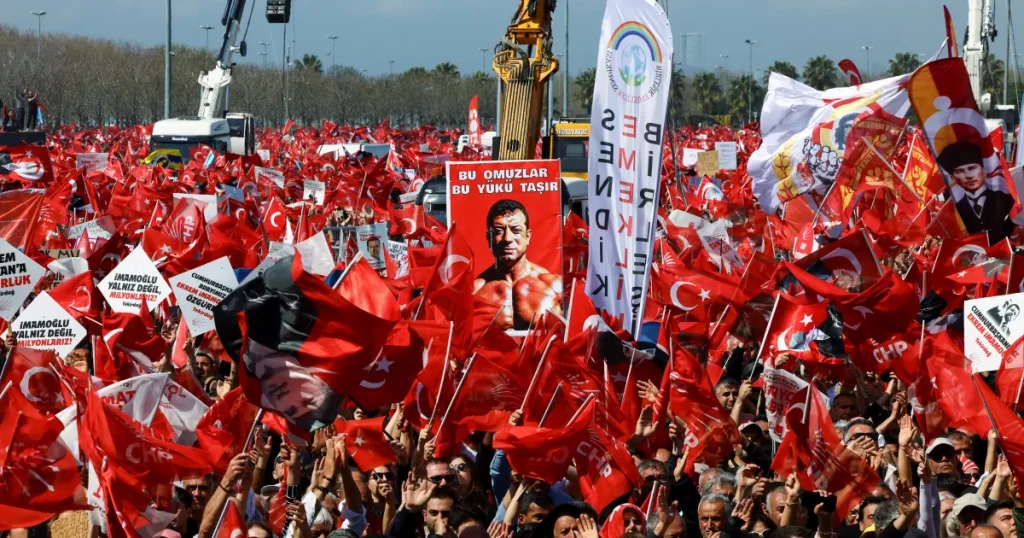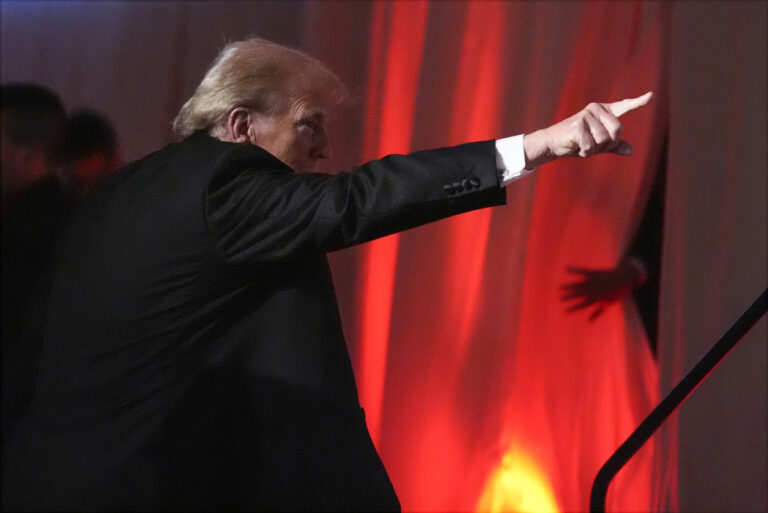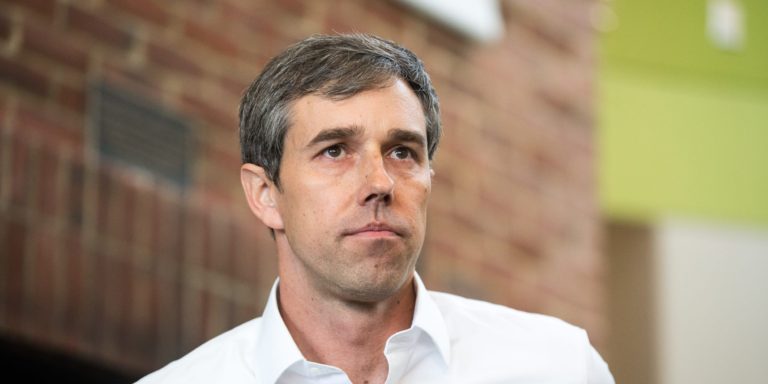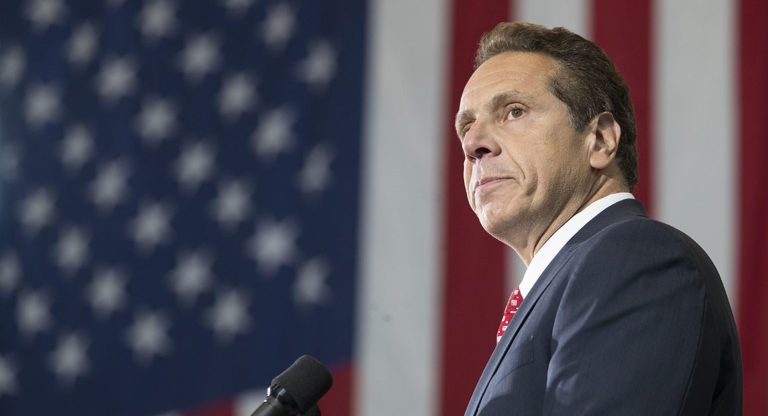
The arrest of Istanbul’s Mayor Ekrem İmamoğlu on corruption charges and alleged ties to terrorism has triggered nationwide protests in Turkey, marking the country’s largest demonstrations in over a decade. This politically motivated arrest underscores growing concerns about democratic backsliding under President Recep Tayyip Erdoğan’s administration, as it reflects the government’s ability to curtail the influence of opposition politicians, journalists, businessmen, and everyday Turkish citizens.
İmamoğlu, a popular opposition figure, was arrested just days before he would have been named the presidential candidate of Turkey’s opposition party. Yusuf Can of the Middle East Program at the Wilson Center explained, “Erdoğan is doing this not because of the legal reasons or actual judicial reasons but to stay in power by eliminating his most popular rival in the political sphere.” This would not be the first time the Turkish president has intervened in elections. In 2016, following a failed coup attempt, the Turkish government jailed leaders of the pro-Kurdish H.D.P. party and forcefully shut down pro-Kurdish protests to silence the opposition.
This time, Erdoğan further escalated the situation when he asked Istanbul University to revoke İmamoğlu’s degree — a requirement for presidential candidacy. By revoking İmamoğlu’s degree without due process, Erdoğan is preventing İmamoğlu from ever running in the future, undermining the very foundation of a fair and democratic election.
After almost two decades under Erdoğan’s Justice and Development Party, or A.K.P., Turkey’s progress toward democratic reform that was initiated by the republic’s founder — Mustafa Kemal Atatürk — is regressing. Under the A.K.P., Turkey’s government implemented primarily conservative and religion-driven policies, shifting away from modernization and values of an open society. The public’s outcry following the mayor’s arrest demonstrates their desire to pick up where Atatürk left off, yet peaceful protests championing systemic change are being met with police force, attempting to repress public solidarity.
The international response has been swift. The European Commission, Turkey’s longtime partner, expressed concern for the country’s “adherence to its long-established democratic tradition.” While the E.U. confirmed continued financial support to Ankara, it warned that to “uphold democratic values” was a prerequisite to becoming an E.U. candidate. However, this isn’t the first time that Turkey has breached the E.U.’s standard for upholding democratic norms, and it likely won’t be the last, as the bloc cannot risk losing the strategic advantages Turkey grants them.
Despite their warnings and concerns, the West is reluctant to risk its relationship with Turkey. Conversely, regional partners in the Middle East may be more willing to confront it directly. Rising authoritarian policies and the allegations linking İmamoğlu to the Kurdistan Workers Party, or P.K.K. — a designated terrorist organization in Turkey — could increase tensions with both Kurdish populations and neighboring states. These accusations blur the line between legitimate political opposition and terrorism, deepening regional mistrust.
At the start of his presidency, Erdoğan attempted to win the support of Turkey’s large Kurdish minority by granting them more rights and removing restrictions, such as the ban on speaking Kurdish in public and private settings. However, after the truce between the Turkish government and the P.K.K. collapsed in 2015, Erdoğan assumed a nationalist stance. He resumed military operations against the P.K.K. in southeastern Turkey and imprisoned pro-Kurdish politicians, who represented a growing opposition to his power.
The arrest of İmamoğlu represents a pivotal moment in Turkey’s future trajectory. At home, it highlights the power the government is willing to display to maintain power. Abroad, foreign allies who view Turkey as a strategic partner are questioning its democratic integrity.
As protests continue breaking out across the country, the people are fighting not only for İmamoğlu’s release but for a democratic future and open, representative government that generations of Turkish citizens have long been envisioning.
The Zeitgeist aims to publish ideas worth discussing. The views presented are solely those of the writer and do not necessarily reflect the views of the editorial board.



